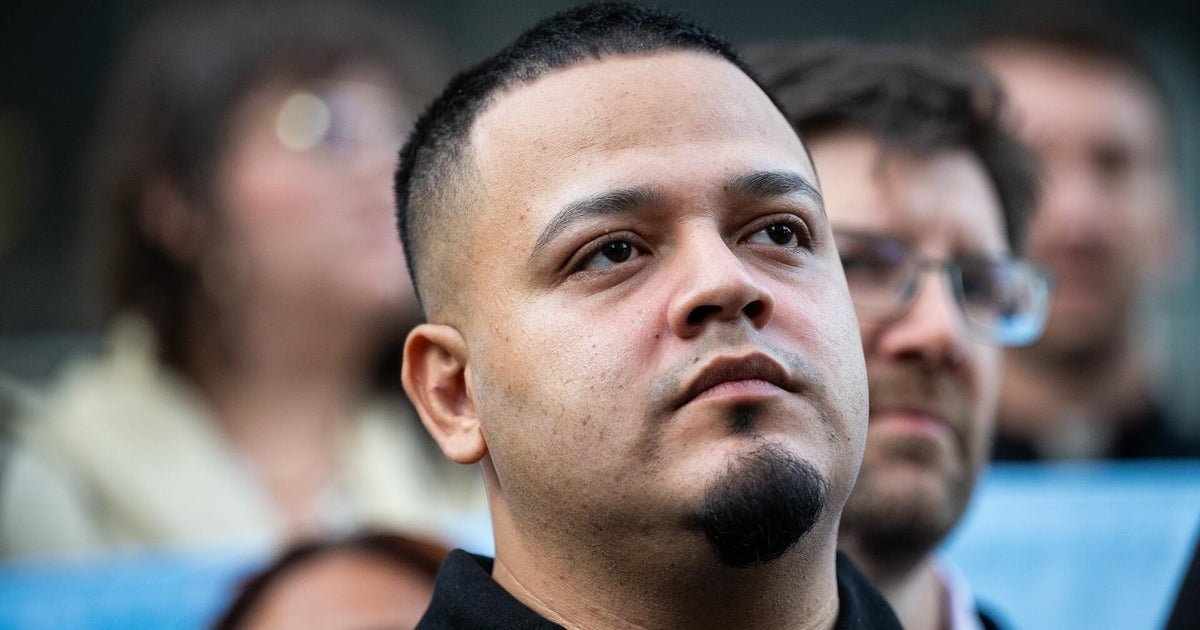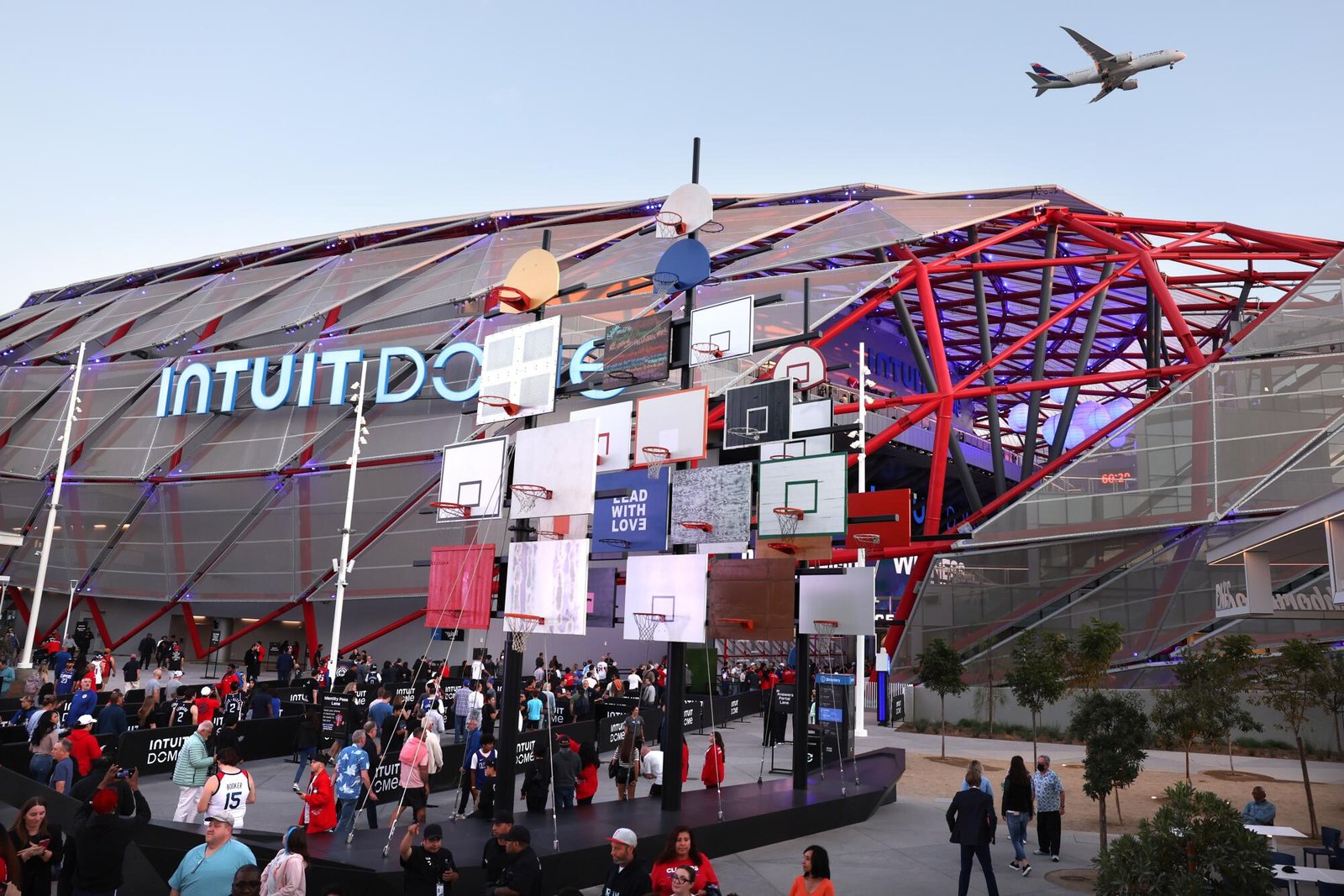CNN
—
Syria has been wracked by a new wave of deadly sectarian violence that has placed the spotlight on the Druze minority at the center of rising tensions with Israel.
Dozens of people were killed this week after clashes between government loyalists and Druze militias in the southern city of Suwayda, prompting Syrian forces to intervene. That, in turn, triggered renewed Israeli airstrikes, as Israel – citing a commitment to protect the Druze – expands its footprint in southern Syria.
Here’s what to know.
Syria’s military entered Suwayda, a stronghold for the Druze community in the country’s south, on Tuesday after clashes broke out over the weekend between Druze forces and Bedouin tribes, reigniting fears of attacks against minorities.
The clashes left at least 30 people dead and injured dozens more as of Tuesday.
Islamist forces allied with the Syrian government joined the fight this week, heightening concern among the Druze and prompting a key community figure to call for international protection.
Israel, which has vowed to protect the Druze in Syria, launched fresh strikes against Syrian government forces advancing towards Suwayda, and pledged to continue strikes to protect the group.
The Syrian foreign ministry said several civilians and security force members were killed in the strikes, but did not provide specific figures. The ministry called the Israeli attacks “a blatant violation of the sovereignty of the Syrian Arab Republic.”
CNN has reached out to the Israel Defense Forces for comment regarding civilian deaths.
Tom Barrack, the US envoy for Syria called the clashes “worrisome on all sides, and we are attempting to come to a peaceful, inclusive outcome for Druze, Bedouin tribes, the Syrian government and Israeli forces,.”
Meanwhile, Axios reporter and CNN analyst Barak Ravid said on X that the Trump administration has asked Israel to stop its strikes on Syrian forces in the south of the country, citing a US official he didn’t identify. The official said Israel promised that it would cease the attacks on Tuesday evening, he said.
But on Wednesday, Israeli Defense Minister Israel Katz said the military will intensify its attacks on government forces in Suwayda if they do not withdraw from the area.
“The Syrian regime must let the Druze in Suwayda go and withdraw its forces,” Katz said in a statement shared by his spokesperson. “The (Israel Defense Forces) will continue to attack regime forces until they withdraw from the area – and will also soon raise the bar of responses against the regime if the message is not understood.”
Later on Wednesday, Israel escalated its attacks, launching a wave of strikes targeting a Ministry of Defense building and an area near the presidential palace in Damascus.
The Druze are an Arab sect of roughly one million people who primarily live in Syria, Lebanon and Israel. In southern Syria, where the Druze form a majority in the Suwayda province, the community was at times caught between the forces of the former Assad regime and extremist groups during Syria’s ten-year civil war.
Originating in Egypt in the 11th century, the group practices an offshoot of Islam which permits no converts – either to or from the religion – and no intermarriage.
In Syria, the Druze community is concentrated around three main provinces close to the Israeli-occupied Golan Heights in the south of the country.
More than 20,000 Druze live in the Golan Heights, a strategic plateau that Israel seized from Syria during the Six-Day War in 1967, before formally annexing it in 1981. Druze share the territory with around 25,000 Jewish settlers, spread across more than 30 settlements.
Most of the Druze living in the Golan identify as Syrian and rejected an offer of Israeli citizenship when Israel seized the region. Those who refused were given Israeli residency cards but are not considered Israeli citizens.
Hundreds of people from the Druze minority crossed over from the Golan Heights into Syria, the Israeli military said on Wednesday, apparently responding to pleas from Druze leaders to support their community.
After overthrowing longtime dictator Bashar al-Assad, Syria’s new President Ahmed al-Sharaa pledged inclusion and vowed to protect all of Syria’s diverse communities, but Sunni extremist forces loyal to him have continued to violently confront religious minorities.
In March, hundreds of people were killed during a crackdown on the Alawite sect – to which Assad belonged – in the western city of Latakia, and in April, clashes between pro-government armed forces and Druze militias left at least 100 people dead.
A key issue straining relations between Syria’s new government and the Druze is disarmament of Druze militias and integration. Al-Sharaa, seeking to consolidate armed factions under a unified military, has been unable to secure agreements with the Druze, who firmly insist on retaining their weapons and independent militias.
The Druze, some of whom opposed the authoritarian rule of Bashar al-Assad, remain cautious of al-Sharaa, an Islamist leader with a jihadist history. They have expressed concerns over the exclusion of some of their leaders from al-Sharaa’s national dialogue processes and limited representation in the new government, which includes only one Druze minister.
Later in the day, the Syrian government claimed a new ceasefire agreement was reached after a previous truce broke down within hours. They said that under the truce there will be a complete halt to military operations, a monitoring committee will be formed with the Druze leaders and members of the community will be leading security in the province.
It remains to be seen if the new agreement will hold, or even come into force.
A Druze spiritual leader representing one of the factions in Suwayda, Youssef Jarbou, confirmed an agreement was reached, but Hikmat Al Hijri – another prominent Druze figure – rejected the ceasefire, calling on his supporters to continue fighting.
On Tuesday, the office of Prime Minister Benjamin Netanyahu said Israel is “committed to preventing harm to the Druze in Syria due to the deep brotherly alliance with our Druze citizens in Israel, and their familial and historical ties to the Druze in Syria.”
Some 130,000 Israeli Druze live in the Carmel and Galilee in Israel’s north. In contrast to other minority communities within Israel’s borders, Druze men over 18 have been conscripted to the Israeli military since 1957 and often rise to positions of high rank, while many build careers in the police and security forces.
The Israeli government had also unilaterally declared a demilitarization zone in Syria that “prohibits the introduction of forces and weapons into southern Syria,” according to the Israeli Prime Minister’s office.
The Syrian government has rejected Israel’s declaration of a demilitarized zone and has, along with the international community, repeatedly called on Israel to cease military actions that violate its sovereignty.
Earlier on Tuesday, Al-Hijri called for international protection from “all countries” to “confront the barbaric campaign” by government and allied forces “using all means possible.”
“We are facing a complete war of extermination,” Al-Hijri said in a video statement.
A statement issued by other Druze leaders however welcomed the Syrian government intervention in Suwayda and called on the state to assert its authority. It also called for armed groups in the city to hand over weapons to government forces and for a dialogue to begin with Damascus.
Since the fall of the Assad regime in December 2024, Israel has both seized more territory in Syria and repeatedly launched strikes on the country, with the stated aim of preventing the reconstruction of military capabilities and rooting out militancy that could threaten its security.
The Israeli attacks have continued despite its closest ally, the United States, pushing for Israel to normalize relations with Syria now that it is under the control of a new government.
The US has been trying to steer countries in the region towards a different path and envisions Syria signing onto the Abraham Accords – a series of agreements normalizing relations between Israel and several Arab countries. A senior administration official told CNN last month that it is “to Syria’s benefit to lean towards Israel.”
In May, US President Donald Trump held a meeting with Sharaa in Riyadh, Saudi Arabia. It was the first high-level US-Syria meeting for decades.
Trump announced the lifting of US sanctions against Syria just before the meeting, a move celebrated in Syria and seen as a step towards reintegrating the country into the international community.
Israel has indicated its inclination to expand those agreements. After its deadly conflict with Iran, Netanyahu said the Israeli “victory” paved a way for the “dramatic expansion of the peace agreements” adding that Israel is “working on this vigorously.”
Israel has held direct and indirect talks with the new Syrian government, an indication of shifting dynamics between the former foes since the fall of the Assad regime.
But Israel’s repeated attacks on Syrian territory and its expanded military presence in the country have the potential to complicate those ambitions.
In May, al-Sharaa said the indirect talks with Israel were meant to bring an end to the attacks. But that hasn’t happened.
Netanyahu has previously referred to the new Damascus government as an “extremist Islamic regime” and a threat to the state of Israel. In May, an Israeli official told CNN that the prime minister had asked Trump not to remove sanctions on Syria, saying he feared it would lead to a repeat of the events of October 7, 2023, when Hamas-led militants attacked Israel.
Israel’s strikes on Syria also complicate al-Sharaa’s efforts to consolidate authority over the country and promote a potential normalization deal as a victory for Syria’s sovereignty and its people.
This story has been updated with additional developments.























